SUMMARY
This is AI generated summarization, which may have errors. For context, always refer to the full article.
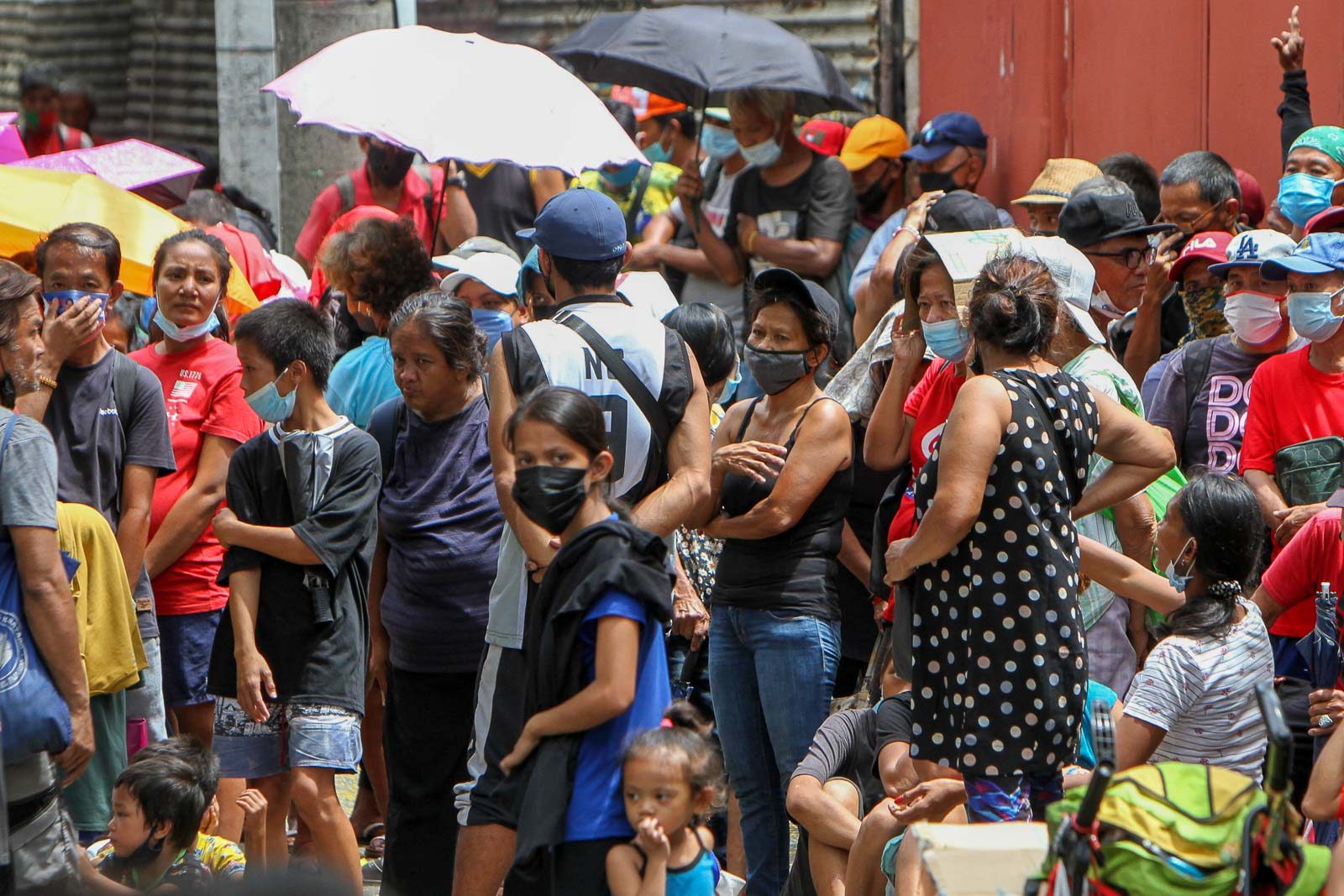
MANILA, Philippines – The Philippine economy is unlikely to experience stagflation or an incidence of high inflation coupled with slow economic growth and high unemployment, according to President Ferdinand Marcos Jr.’s chief economist.
“I don’t think we’ll get there,” said Socioeconomic Planning Secretary Arsenio Balisacan in a briefing after his turnover ceremony on Monday, July 4.
Balisacan said he and the rest of the new economic managers are expecting gross domestic product to grow 6% in 2022, and are aiming for 6.5% to 8% for the rest of Marcos’ six-year term. (READ: Balisacan’s priorities: Pre-pandemic growth track, reducing poverty)
The International Monetary Fund estimates the Philippine economy would expand by 6.5% in 2022, besting Vietnam (6%), Malaysia (5.6%), Indonesia (5.4%), and Thailand (3.3%).
While there will be growth, inflation and the depreciation of the peso are likely to spoil poverty alleviation efforts.
Inflation climbed to 5.4% in May, with analysts noting that it has yet to peak this year.
“Poverty is very responsive to high prices. Whenever food prices rise, expect poverty to rise,” Balisacan said.
Poverty incidence rose to 23.7% during the first half of 2021, higher than the 21.1% in the same period in 2018. This translated to 3.9 million more Filipinos living in poverty.
Some 11.4 million Filipino families considered themselves poor in the third quarter of 2021, according to a Social Weather Stations survey.
To help Filipinos rise out of poverty, Balisacan said the government must implement a targeted subsidy program.
He also said the implementation of the national ID program would hasten aid distribution and limit leakage of subsidies. – Rappler.com
Add a comment
How does this make you feel?
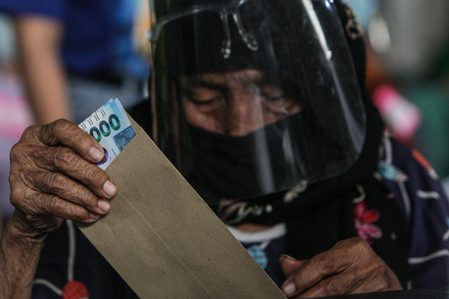


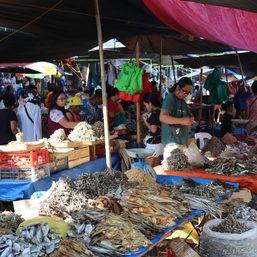
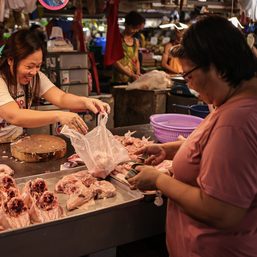
![[In This Economy] Peso approaches P60 per dollar once more. So what?](https://www.rappler.com/tachyon/2024/05/TL-peso-dollar-economy-may-24-2024.jpg?resize=257%2C257&crop=302px%2C0px%2C720px%2C720px)

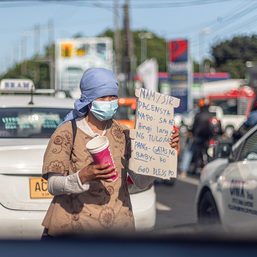



There are no comments yet. Add your comment to start the conversation.